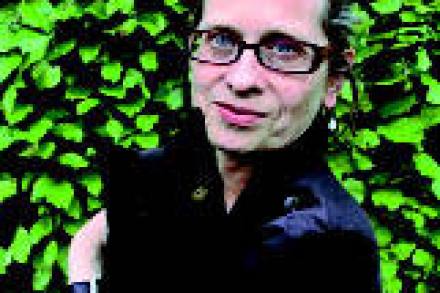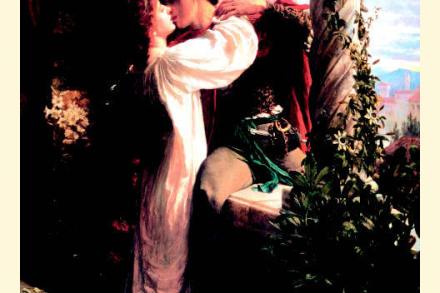Family fallout
Philip Hensher salutes ‘Freedom’, Jonathan Franzen’s latest great American novel Family is the engine that drives the novel. Relationships which are both fixed and constantly negotiated are what the novel, as a form, is about. We don’t choose our siblings, our parents, our children, but from day to day we choose, with the full volition











